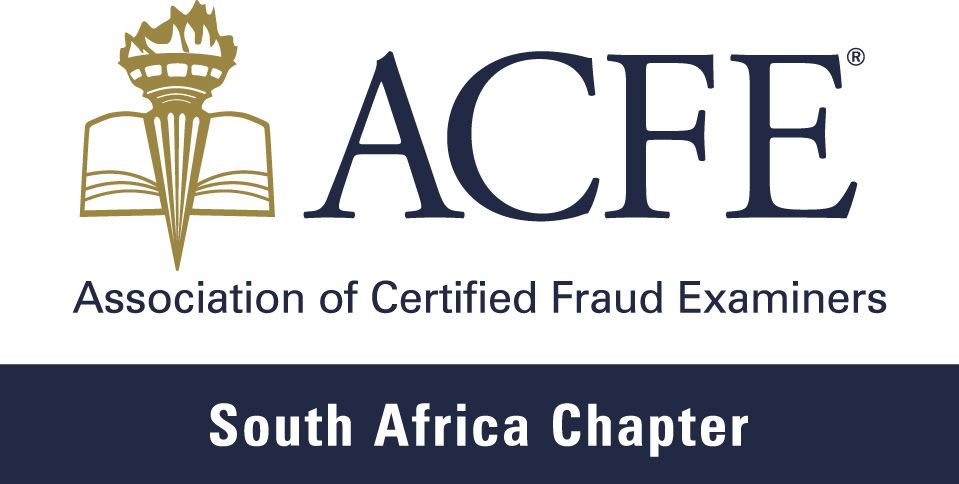ACFE SA: High Court Judgment - Contravention of Code of Professional Ethics
From the Office of the Legal Department
By Adv. Minette Niemann
The Association of Certified Fraud Examiners South Africa (ACFE SA) welcomes the recent High Court judgment in the case of Oosthuizen v Association of Certified Fraud Examiners South Africa and Others (Case No. 2023/083887) [2025] ZAGPJHC 213 (6 March 2025).
In the case, the applicant, Maryke Oosthuizen, sought judicial review of a disciplinary process conducted by the ACFE SA, which resulted in the termination of her membership. The applicant, an internal auditor and member of ACFE SA, faced two charges of professional misconduct following a complaint.
In her application to the High Court, Oosthuizen challenged the disciplinary proceedings and sought to have the decisions reviewed and set aside. Oosthuizen argued that the process was procedurally and substantively unfair, irrational, and unlawful. The procedural unfairness claim was based on two grounds: first, she was not given an opportunity to respond to Charge Two, which she contended was a violation of ACFE SA’s Disciplinary Procedure; second, she argued that the disciplinary panel lacked jurisdiction to conduct the hearing. As a result, the disciplinary proceedings were alleged to be in contravention of Sections 3 and 6(2)(c) of the Promotion of Administrative Justice Act (PAJA), Act 3 of 2000, and the panel’s recommendations failed to meet the requirements of Sections 6(2)(a)(i), 6(2)(b), and 6(2)(f)(i) of PAJA.
On substantive grounds, Oosthuizen contented that the charge sheet did not explicitly categorise the misconduct as fraudulent misrepresentation, instead labelling it as gross misconduct for knowingly misrepresenting information. Furthermore, she asserted that the evidence presented did not support the disciplinary panel’s verdict, making its recommendations irrational.
However, the court found that Oosthuizen had submitted a tender document containing inaccurate information about a resigned director. Despite knowing of the director’s resignation, Oosthuizen signed a board resolution that misrepresented the company's directorship. The court concluded that this constituted a misrepresentation of the true facts, and that Oosthuizen was fully aware of the inaccuracies at the time of submission.
Oosthuizen also challenged ACFE SA’s jurisdiction, arguing that the association did not have the authority to discipline her because the misrepresentation occurred outside her official duties as a member. She contended that ACFE SA’s constituting documents and policies did not extend to conduct unrelated to the performance of duties as a fraud examiner. However, the court found that Oosthuizen had explicitly relied on her ACFE SA membership and adherence to the ACFE Code of Ethics and Professional Standards when submitting the tender. Because the services she tendered for included forensic investigations, fraud prevention, and corruption risk analysis, fields directly governed by ACFE SA, the court held that her actions fell within the association's regulatory scope.
As a SAQA-recognised professional body, ACFE SA is required to uphold professional standards, promote public trust, and protect the public interest in the services provided by its members. The court noted that ACFE Code of Ethics and Professional Standards mandates that members act with integrity and avoid illegal or unethical conduct. Furthermore, ACFE SA’s Disciplinary Procedure defines misconduct as any action that impacts the association’s reputation. Given that Oosthuizen had relied on her ACFE SA membership and adherence to the ACFE Code of Ethics and Professional Standards to secure business opportunities, the court determined that there was a direct nexus between her conduct and ACFE SA’s authority to discipline her.
Ultimately, the court dismissed Oosthuizen’s legality attack, ruling that ACFE SA had the legitimate authority to initiate disciplinary proceedings against her. It concluded that a professional body may hold members accountable for misconduct that affects their professional standing, even if the actions in question occur outside their immediate professional duties. The review application was therefore unsuccessful.
The judgment emphasised that the ACFE SA followed its established disciplinary procedures, providing the applicant with opportunities to respond to the charges, participate in hearings, and appeal decisions within the organisation's framework. The court found no procedural irregularities warranting judicial intervention.
Overall, the court upheld the ACFE SA's handling of the disciplinary process, affirming its role and procedures as a professional body governing fraud examination professionals in South Africa. The full Court Judgment is available on our website.
About ACFE SA:
The Association of Certified Fraud Examiners South Africa (ACFE SA) is committed to promoting the highest standards in fraud detection, prevention, and investigation. Our members operate under a strict Code of Ethics and professional standards, ensuring integrity, transparency, and accountability in the fight against fraud and corruption.

